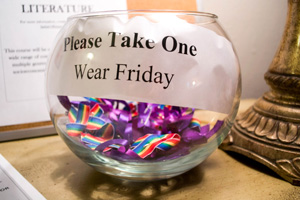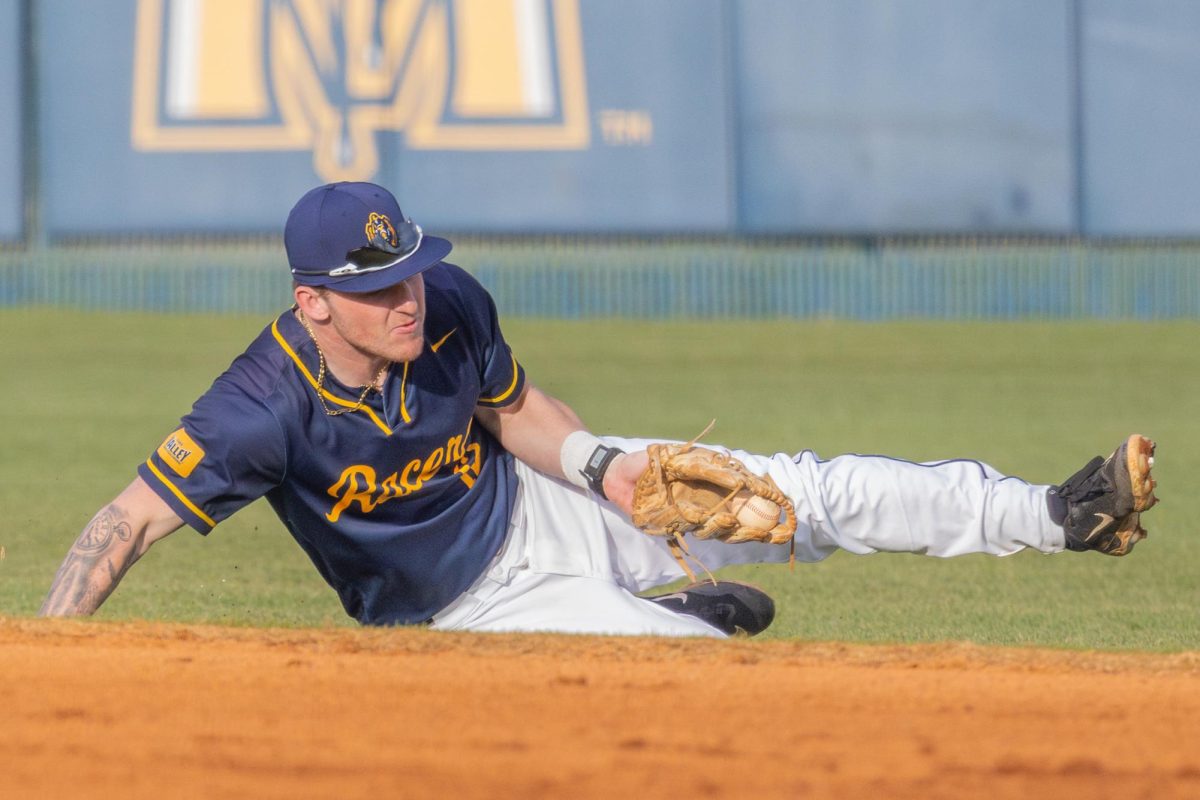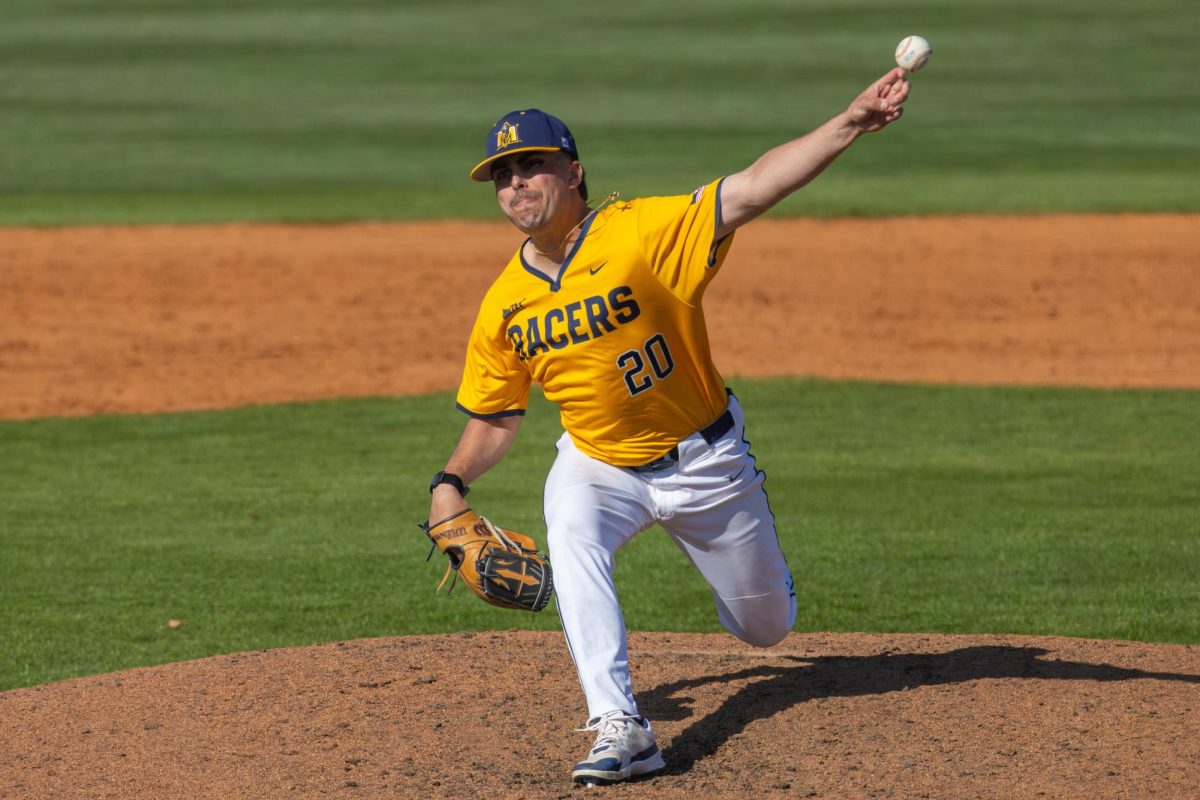Story by Brianna Willis, Staff writer

Pins being given away to raise awareness for Pride Week, which hosted events throughout the week.
Nationally, the rights of members of LGBT groups have been making headlines, from the legalization of same sex couples’ right to marry on June 26, 2015 to CNN’s recent coverage of a lawsuit raised against North Carolina by the American Civil Liberties Union of North Carolina [ACLU] for their transgender bathroom bill.
From state to state, LGBT rights are at the forefront of the media. Members of the Murray State community are also attempting to raise awareness and bring light to the LGBT community.
Nikolas Winslow, vice president of Murray State Alliance, lead the charge this year for the second annual Pride Week. The week consisted of several events, including advocacy efforts, social programs and a safer sex practices discussion, facilitated by Winslow.
“Pride week is Alliance’s baby,” said Jody Cofer Randall, coordinator of LGBT Programming. “It was really student-organized and led.”
Winslow has been trained five times by Planned Parenthood in safer sex discussions, he said. He said he wanted to bring that training to campus to help serve the student population.
Randall said that they really wanted to tap into Winslow’s experiences back home and bring it to campus.
“These type of programs we have to do periodically,” Randall said. “LGBT gets branded as the ones who always talk about sex, but it is all inclusive because really no one else is doing it.”
Randall said “pride week” type of events are commonplace at universities, especially those who want to create a more inclusive environment for those who identify as LGBT. While June is the nationally-recognized LGBT Pride Month, Randall said this doesn’t work well for a university setting and so many schools plan them around what works best for them.
“It just happened that spring semester was the best time to do this,” she said. “Drag Show really aligned well with it as well.”
While Alliance is the student run organization that led Pride Week, the LGBT Programming office is involved on campus as well
With efforts such as the Safe Zone Project, Randall said that both organizations are really trying to increase ally involvement on campus.
“The Safe Zone Project, through education, advocacy, visibility and skill development, supports faculty, staff and students to become allies for lesbian, gay, bisexual and transgender students and colleagues,” according to the Safe Zone Project website.
Randall said the Safe Zone Project has more than 500 participants currently, including faculty, staff and a few students. Randall said that increasing ally participation in the community is important for bringing about awareness and increasing the safety of LGBT students.
Winslow said the safer sex workshop he facilitated used gender inclusive terminology throughout the whole presentation and was designed for all students.
“It is important that people understand that just because you go to an LGBT event doesn’t mean you are LGBT,” Winslow said. “Many come out to support a friend or someone they know, and that is OK.”
Randall said they spend a lot of time combating misinformation on top of continuing the effort to spread correct information. Winslow and Randall agreed that the best way for students who want to get involved but may be nervous or scared to do so is just to ask questions. Randall said that by being proactive and spreading correct information, they can affect change quicker.
Winslow said for students who want to get involved or maybe have questions, they just need to ask.
“In trying not to be offensive you didn’t do or say anything,” Randall said. “You can ask questions in an affirming and supportive tone and no one will be mad you took time out to educate yourself.”




























































































